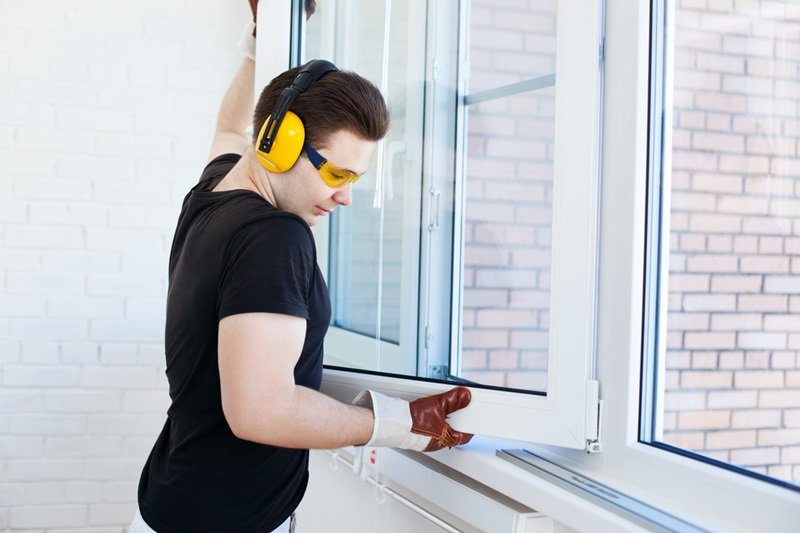When and Where to Seek Professional Help for Hypertension
High blood pressure, also known as hypertension, is one of the most common health issues worldwide. It is often called the “silent killer” because many people don’t experience noticeable symptoms until complications arise. Uncontrolled blood pressure can increase the risk of heart disease, kidney problems, and stroke. That’s why it is essential to monitor your blood pressure regularly and seek medical care when needed. Many people ask, “where can I get my blood pressure checked?”, and the answer is that there are multiple accessible options—from pharmacies and clinics to urgent care centers.
Why Blood Pressure Monitoring Matters
Monitoring blood pressure is more than just recording numbers; it is about protecting long-term health. Regular checks help detect changes early, provide insights into lifestyle habits, and prevent serious complications. Some of the biggest risks of ignoring hypertension include:
- Increased risk of heart attack or stroke
- Damage to arteries and blood vessels
- Chronic kidney disease
- Vision problems due to eye blood vessel damage
- Heart failure from overworked heart muscles
By checking your blood pressure frequently, you take control of your health and make informed choices about diet, exercise, and medication.
Where Can You Get Your Blood Pressure Checked?
If you’ve ever wondered, “where can I get my blood pressure checked?”, there are several convenient and reliable options available:
- Pharmacies and Drugstores: Many large pharmacies have blood pressure machines that allow free self-checks. Some also have pharmacists who can guide you.
- Primary Care Clinics: Doctors’ offices provide accurate readings and medical advice tailored to your health history.
- Community Health Centers: Affordable and accessible, especially for those without insurance.
- Urgent Care Facilities: These centers not only check blood pressure but also provide immediate treatment if your numbers are dangerously high.
- At-Home Monitors: Portable digital monitors make it easy to track readings regularly from the comfort of your home.
The key is consistency—wherever you choose to check, make it a routine part of your health care.
Urgent Care for High Blood Pressure
Sometimes, high blood pressure rises suddenly and reaches dangerous levels, known as a hypertensive crisis. This is when immediate medical attention is critical. Visiting urgent care for high blood pressure can help prevent life-threatening complications.
Symptoms That May Require Urgent Care:
- Severe headache or dizziness
- Chest pain or shortness of breath
- Sudden vision changes
- Nosebleeds that are hard to stop
- Confusion or difficulty speaking
Urgent care clinics are equipped to stabilize patients, perform necessary tests, and determine whether hospital admission is required. They serve as a bridge between routine medical visits and emergency rooms, making them an essential option for patients experiencing sudden spikes in blood pressure.
Benefits of Seeking Timely Care
Both regular blood pressure monitoring and urgent care visits offer significant advantages:
- Prevention of Complications: Early detection prevents strokes, kidney failure, and heart disease.
- Immediate Relief: Urgent care provides fast intervention when blood pressure spikes.
- Professional Guidance: Doctors explain lifestyle changes and prescribe medications when necessary.
- Peace of Mind: Knowing your numbers helps reduce anxiety and stress about health.
- Long-Term Wellness: Consistent monitoring helps maintain a healthy lifestyle and prevent emergencies.
Lifestyle Habits That Support Healthy Blood Pressure
While medical care is vital, your everyday choices play an equally important role. Here are some habits that support healthy blood pressure:
- Eat a balanced diet rich in fruits, vegetables, and whole grains.
- Reduce sodium intake by limiting processed and fast foods.
- Stay physically active with regular exercise.
- Limit alcohol consumption and avoid smoking.
- Maintain a healthy weight.
- Manage stress through relaxation techniques such as meditation, yoga, or deep breathing.
Combining these habits with regular monitoring creates a strong defense against hypertension.
Preventive Approach vs. Emergency Response
It is always better to prevent health problems rather than react to them. Routine blood pressure checks act as a preventive measure, ensuring that any potential issues are identified before they become dangerous. On the other hand, urgent care serves as an immediate response system for situations where blood pressure spikes unexpectedly. Together, both approaches provide a comprehensive way to manage hypertension.
Final Thoughts
High blood pressure is a serious condition, but it doesn’t have to control your life. By making regular monitoring a priority, you can stay on top of your health and take action before problems arise. If you’re wondering, “where can I get my blood pressure checked?”, remember that pharmacies, clinics, urgent care facilities, and even home monitors are all accessible solutions.
At the same time, it is crucial to recognize when blood pressure requires immediate attention. Seeking urgent care for high blood pressure during a crisis can save lives and prevent long-term damage.
Taking small preventive steps daily, combined with professional medical support when needed, ensures a healthier, safer, and more balanced life.
